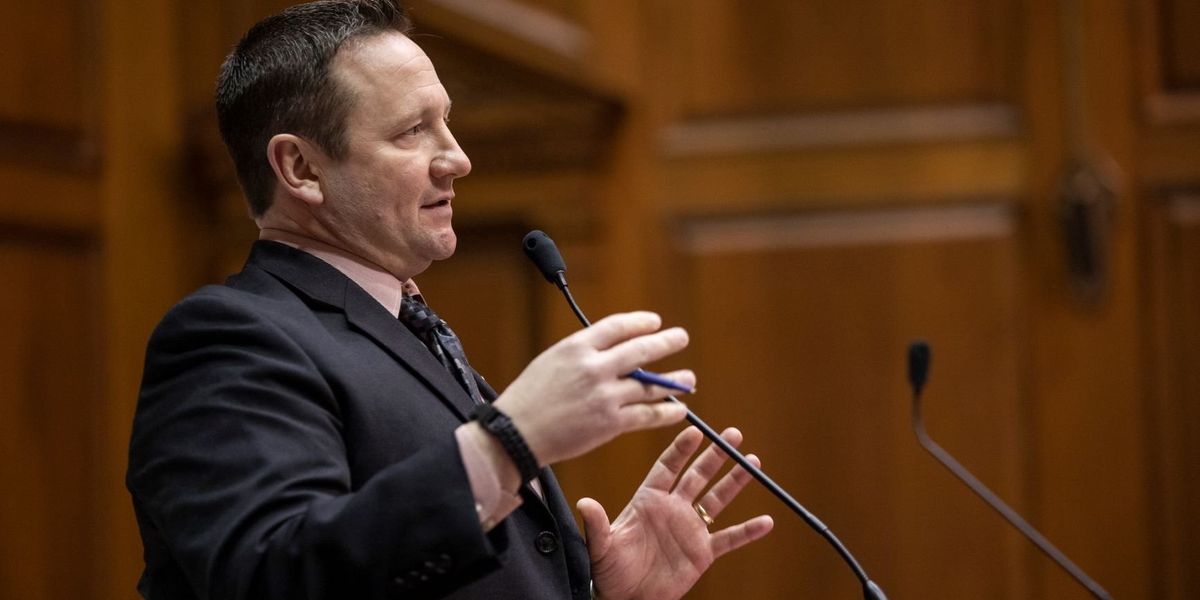
Indiana senators abandoned a bill on Monday that would have excluded thousands of the most widely used PFAS chemicals from the state’s definition of the chemical class.
House Bill 1399 was designed to exempt some per-and polyfluoroalkyl substances (PFAS) and protect them from inclusion in possible future state or federal bans. Proponents of the bill pointed to “necessary” uses of the chemicals in batteries, computers, pacemakers and other devices. Leading health scientists, however, said the bill was not grounded in science, issued a statement outlining the bill’s errors and testified in committee hearings against it.
“This public health victory shows what happens when scientists contribute their expertise to the policymaking process,” Marta Venier, an environmental chemist at Indiana University who testified in the hearings, said in a statement. “The whittled-down definition of PFAS proposed was not only scientifically inaccurate, but it would have set a harmful precedent that other states and governments could adopt.”
The bill comes as most states are looking to ramp down PFAS use. A recent analysis by Safer States estimates 35 states will introduce policies this year to ban PFAS chemicals from some uses. PFAS, dubbed “forever chemicals” due to their persistence in the environment, are used in a variety of products like cookware, packaging, clothing and cosmetics.
The chemicals have been linked to multiple health effects including reduced immune system function and vaccine response, developmental and learning problems for infants and children, certain cancers, lowered fertility, endocrine disruption and other impacts.
“The consequences of weak PFAS policies can reverberate for generations,” Lydia Jahl, a senior scientist at the Green Science Policy Institute said in a statement. “It is great news for people and the planet that at least one such policy was blocked this week.”
Scientists, including Vernier and Jahl, recommended that states and other government bodies define PFAS chemicals as any compound with one fully fluorinated carbon atom, or the similar definition put forth from the Organisation for Economic Co-operation and Development in 2021.
Some Indiana Republican proponents of the bill said that there are no pending state regulations on the chemicals that would prevent any of their deemed “essential” uses, and pointed out that any proposed PFAS regulation has to go through the state’s Environmental Rules Board and can take more than a year.
Senate Assistant Minority Leader Shelli Yoder (D-Bloomington), however, said in a statement that she was “extremely thankful that this proposal was held in committee.”
“PFAS are dangerous to Hoosiers and this bill would have leapt ahead of the science and pending federal regulations on PFAS,” she said. “Industry groups brought HB 1399 wanting consistency and stability in regulations. We cannot accept the false choice between a strong economy and environmental regulations that protect people.”





